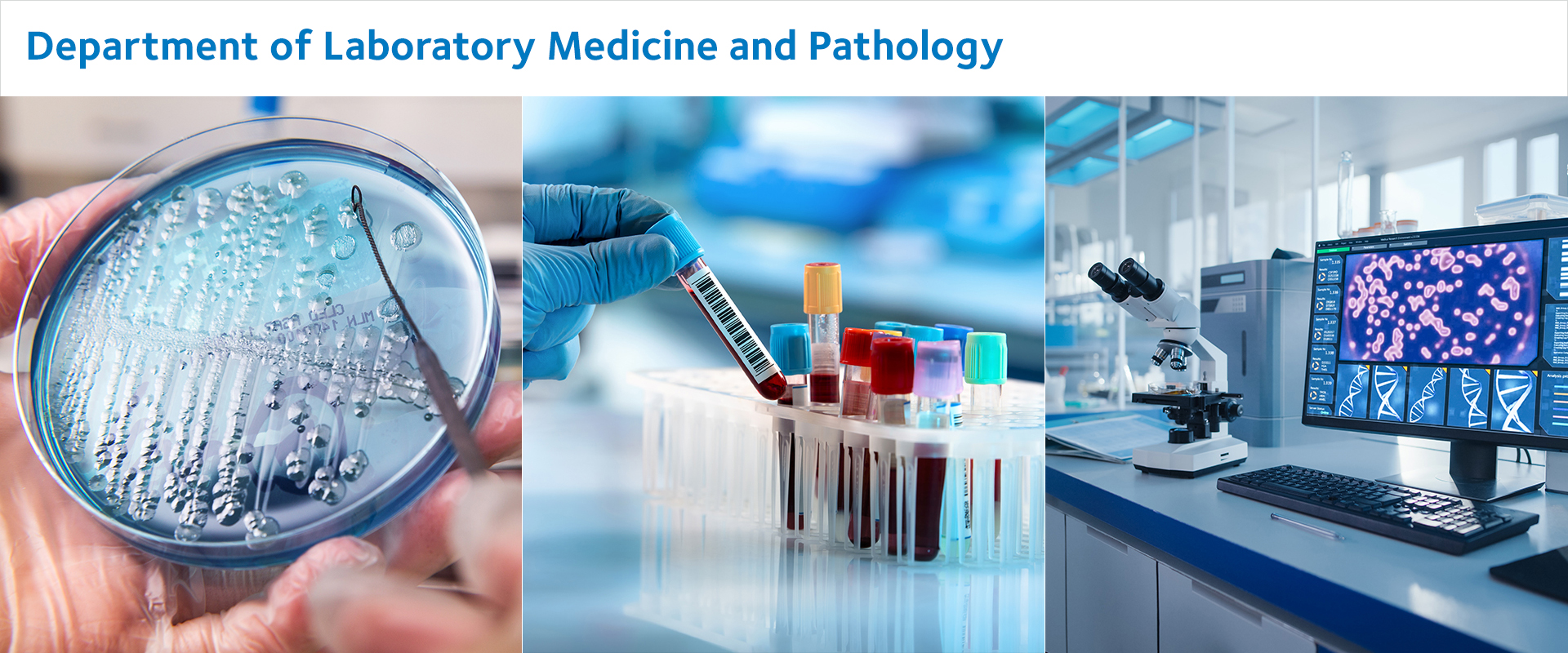
|
Test ID: ENA RNP 70
|
|
ENA RNP 70
|
|
Anti-nuclear ribnucleoprotein 70 antibodies
|
|
Useful For
|
The evaluation of patients with signs and symptoms of a connective tissue disease and a positive test for antinuclear antibodies (ANA) is crucial for clinical diagnosis. The detection of Extractable Nuclear Antigens U1RNP-70 (ENA RNP-70) aids in the clinical diagnosis of mixed connective tissue disease (MCTD) and systemic lupus erythematosus (SLE).
|
|
Method name and description
|
Method: Fluorescence Enzyme Immunoassay (FEIA), Uses the EliA IgG method on Phadia system.
Using EliA technology solid phase, analyte molecules can be extracted from a sample. To achieve this, a well is coated with an antigen that specifically binds to target antibodies. Following the removal of non-bound antibodies, enzyme-labeled antibodies against human antibodies (EliA IgG Conjugate) are added to form an antibody conjugate complex. This complex is then incubated and non-bound conjugate is subsequently washed away. The bound complex is then incubated with a Development Solution, and after stopping the reaction, the fluorescence in the reaction mixture is measured. A higher response value indicates the presence of a more specific antibody in the specimen.
|
|
Clinical information
|
The determination of antinuclear antibodies (ANA) is central importance for the clinical diagnosis of connective tissue diseases. Although the anti-U1-snRNP immune response comprises antibodies against all protein components (70 kDa, A, C), 70 kDa antibodies - particularly in case of high titers - may be more specific for MCTD, as they have been reported to occur less frequently in SLE than antibodies against A or C proteins. Several studies have shown that an anti-U1-snRNP response in the absence of 70 kDa antibodies is strongly associated with SLE.
|
|
Aliases
|
ENA RNP70
anti RNP70
Autoantibodies to RNP70
Ribonucleoprotein Autoantibodies
|
|
|
Specimen type / Specimen volume / Specimen container
|
Specimen type: Serum sample.
Specimen Volume: At minimum 2 mL whole blood or 0.5 mL serum.
Container Tube: Plan tube /Serum gel (Yellow top tubes).
|
|
Storage and transport instructions
|
For sample transportation, the sample should remain at room temperature (18-25°C ) for no longer than eight hours.
Separated serum samples can be stored at 2-8°C for one week.
Separated serum samples should be frozen at below -20°C for any long-term storage.
|
|
Specimen Rejection Criteria
|
Quantity not sufficient (QNS)
Hemolysis
Lipemic
Wrong collection container
|
|
|
Biological reference intervals and clinical decision values
|
Anti-ENA RNP70 antibodies:
| Interpretation of Test Results |
Reference Values (U/ml) |
| Negative |
< 7 |
| Equivocal |
7 - 10 |
| Positive |
> 10 |
|
|
Turnaround time / Days and times test performed / Specimen retention time
|
Turnaround Time: 5 working days.
Days and Times test performed: Twice per week starting from Sunday through Thursday from 7:00 to 15:00.
Specimen retention time: Approximately 7 days.
|
|
|
